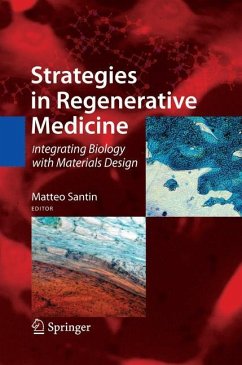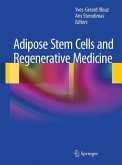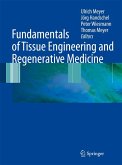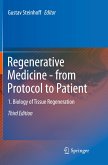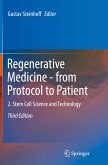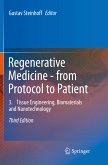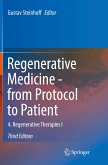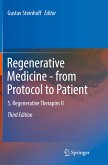The profound transformations occurred in our modern age have been made possible by the unique combination of new technologies. Among them, me- cine has completely changed our perception of life. Longevity has been signi- cantly extended and linked to new lifestyles. The negative impact that pathologies and ageing have always had on the quality of our life is now mitigated by the availability of treatments daily applied to many individuals worldwide. For many years, pharmacological and surgical treatments have been supported by the introduction of biomedical devices. Biomedical implants have played a key role in the development of these treatments and achieved the objective of replacing tissue and organ structures and functionalities. Gra- ally, the scientific and clinical communities have understood that replacement could be improved by materials able to interact with the tissues and to parti- pate in their metabolism and functions. This approach soon led to biomedical implants with improved clinical performances, but also to a new aspiration; rather than replacing damaged tissues and organs scientists and clinicians nowadays aim at their partial or complete regeneration. As a consequence of this ambition, the disciplines of tissue engineering and regenerative medicine have recently emerged. It is the dawn of a fascinating era where scientists from various disciplines, clinicians, and industry will need to intensify their col- borative efforts to provide our society with new and affordable solutions.
Bitte wählen Sie Ihr Anliegen aus.
Rechnungen
Retourenschein anfordern
Bestellstatus
Storno

